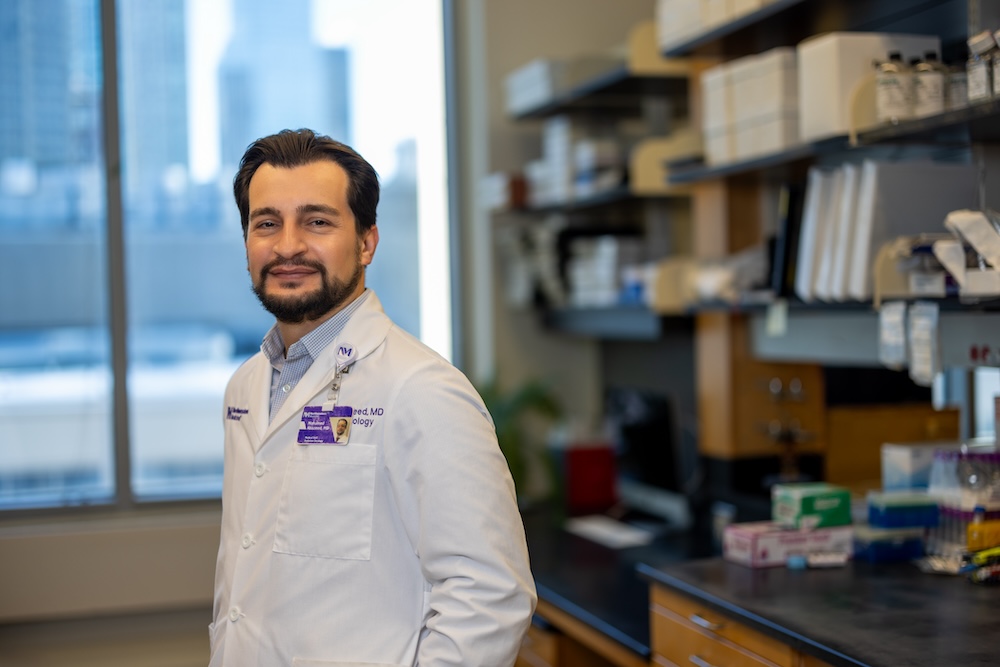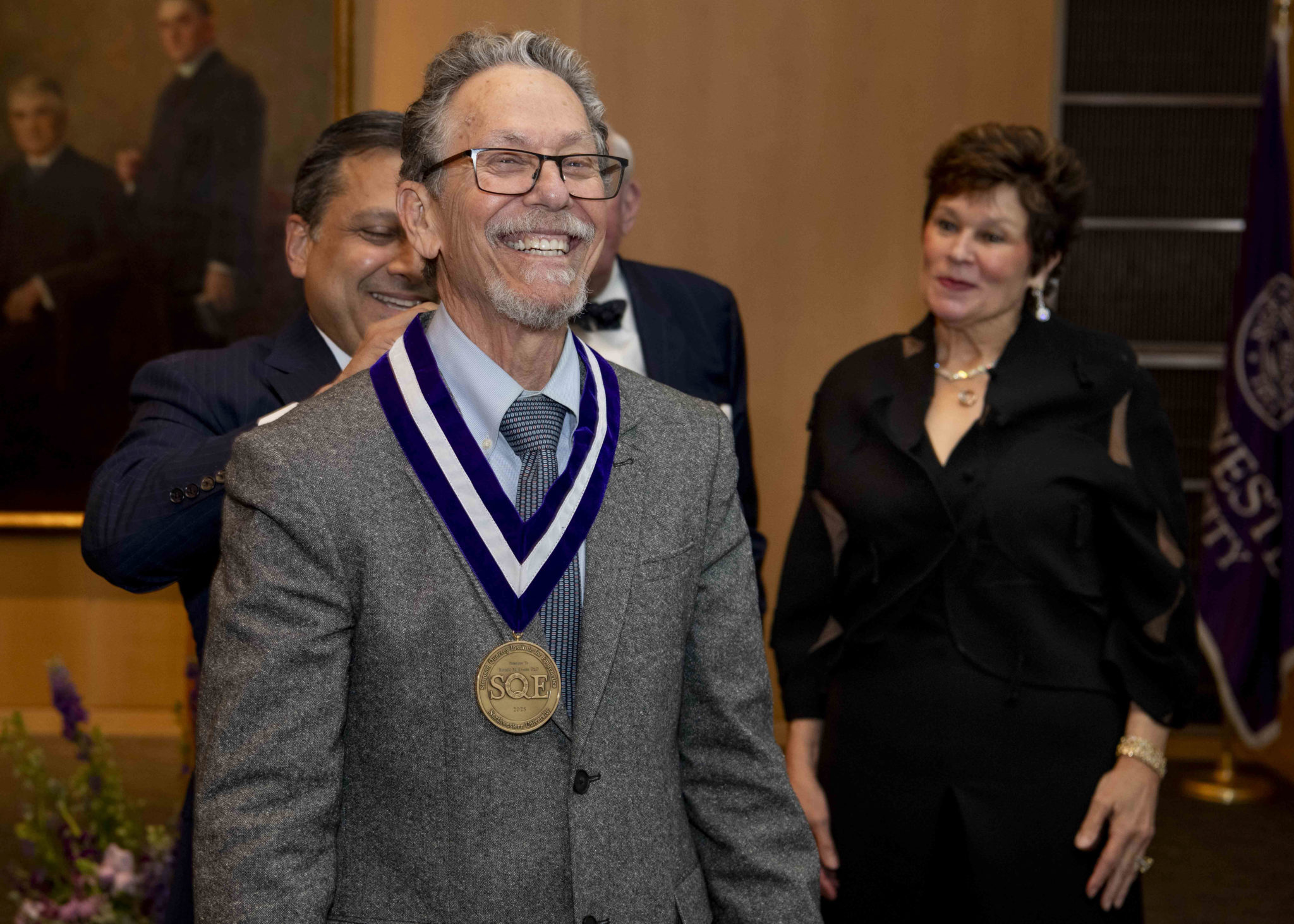Home / Campus News / Media Spotlight
Media Spotlight

Why Do People Love Coffee and Beer? It’s the Buzz, Not the Taste, Study Finds
A team of scientists at Northwestern found that the taste preferences for bitter or sweet beverages aren’t based on variations in taste genes, but, rather, in genes that are involved with emotional responses. The results of the study are published in the journal Human Molecular Genetics. “The genetics underlying our preferences are related to the psychoactive components of these drinks,” said Marilyn Cornelis, PhD, assistant professor of Preventive Medicine in the Division of Nutrition and co-author of the study. “People like the way coffee and alcohol make them feel. That’s why they drink it. It’s not the taste.”
NBC News, Yahoo! News
Heart Problems Are Killing More Americans—Even Younger Ones. Here’s How to Reduce Your Risk
Heart disease is, and has for years been, the leading cause of death among American men and women. But for decades, medical and therapeutic advances were enough to drive down cardiovascular death rates. More recently, however, that progress has stalled and the trend has begun to reverse, with certain populations seeing rising rates of some heart issues. In a new research letter published in the Journal of the American College of Cardiology, which was based on national death certificate data, researchers charted an increase in heart-failure-related cardiovascular death rates among younger adults (those ages 35 to 64) over the last decade. The most dramatic increases were among black Americans, the researchers found. Those increases may be at least partially due to the epidemics of obesity and Type 2 diabetes, says co-author Sadiya Khan, MD, MSc, assistant professor of Medicine in the Division Cardiology and Preventive Medicine in the Division of Epidemiology. “The growing prevalence of obesity and diabetes is now outweighing the progress we’ve made,” in terms of medications, treatments and surgical procedures.
TIME, HealthDay, U.S. News & World Report, CNN
A.I. Took a Test to Detect Lung Cancer. It Got an A.
Computers were as good or better than doctors at detecting tiny lung cancers on CT scans in a study conducted by Google and several medical centers, including Northwestern Medicine. By feeding huge amounts of data from medical imaging into systems called artificial neural networks, investigators can train computers to recognize patterns linked to a specific condition, according to Mozziyar Etemadi, MD, PhD, research assistant professor of Anesthesiology, and co-author of the study, which was published in Nature Medicine. Tested against 6,716 cases with known diagnoses, the system was 94 percent accurate.
The New York Times
As HIV patients live longer, heart disease might be their next challenge
Medical therapy has transformed HIV from a terminal illness into a chronic, manageable condition. But as people with HIV live longer, they also find themselves at higher risk for heart attack, stroke, and other types of cardiovascular disease. A new American Heart Association (AHA) report hopes to raise awareness about that connection, along with pointing out cardiovascular disease prevention and treatment strategies for an emerging population with unique concerns investigators have only begun to explore. “The fact that people with HIV are living long enough to have chronic, aging-related diseases like heart disease reflects the effectiveness of contemporary HIV therapy. Life expectancy has gotten much longer than it used to be,” said Matthew Feinstein, MD, assistant professor of Medicine in the Division of Cardiology and Preventative Medicine, in a scientific statement published in the AHA journal Circulation.
American Heart Association, Reuters, HealthDay, U.S. News and World Report










